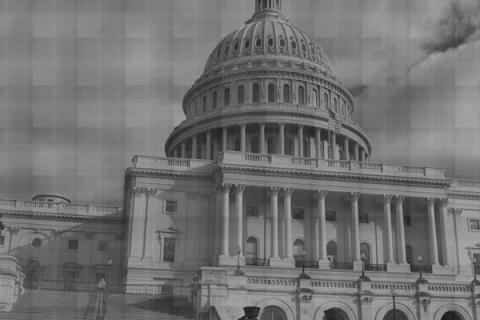The highly respected and non-partisan Legislative Analyst's Office (LAO) says the California Unemployment Insurance Fund is insolvent and worse, will face a deficit of $20 billion by the end of 2011. The numbers are really dismal.
In 2009, the fund paid out $11.3 billion in benefits while only taking in $4.5 billion from employers, and has been getting interest-free loans from the federal government to help make up the shortfall. But those loans will soon start charging interest, which means another $500 million will be owed by the state.
California's unemployment rate in September was 12.4% (PDF), unchanged from August, but still extremely worrisome. Imperial County has the highest unemployment in California, with a catastrophic 30.4%. Nationally, the unemployment rate is 9.6%, while the underemployment rate stands at 17.1%.
The LAO states the obvious, saying the state must act now and take measures to bring unemployment benefits in line with revenues received. Further, they say that slashing benefits alone will not solve the problem, but that increasing the amount employers pay could hurt California's competitiveness. This is not just anti-tax propaganda either. For example e-Bay, Adobe, Twitter, Electronic Arts and Oracle are all expanding in Utah and cutting back their operations in California, mostly because they find Utah to be more business-friendly with less taxes and more incentives.
California unemployment benefits average about $300 a week. Employers pay combined state and federal unemployment taxes that can go upwards to $490 a week per employee. Ouch. Some industries pay higher rates than others. For example, construction industry costs for unemployment insurance is a steep 6.2% while retail is 3.6%. LAO notes that while the unemployment benefits that California pays are about average for the ten biggest states, employers in California pay in "substantially higher" amounts than those in the ten biggest states, and for all states combined. This is because California has more sheer numbers of unemployed than in other states, plus the benefits last longer.
What a mess, and there are no easy answers. What I find appalling is that this impending crisis has been mostly ignored by the legislature, just liked they've done with the budget deficit and public pension funding shortfall. We need long-term solutions, not just kicking the problem down the road for the next legislature to deal with, or hoping for a bailout by the federal government.
The LAO concludes "the magnitude of the UI fund insolvency is so great at this point that it poses significant financial risk for the state and employers." They say changes need to be made fast but carefully, with different long- and short-term strategies, minimizing the effect on the economy, as well as looking for "outside" options. The crucial thing is that Sacramento acts now.

